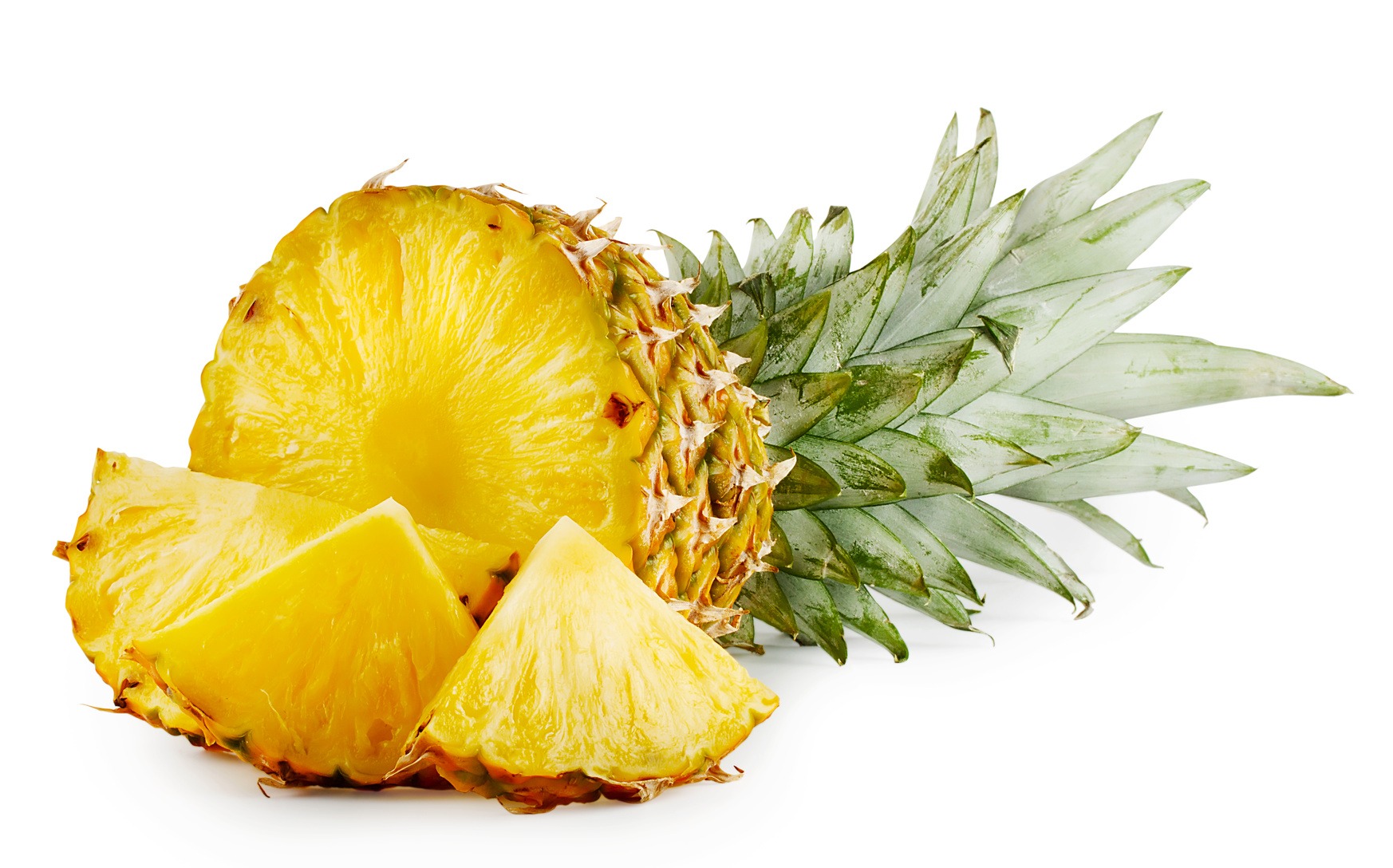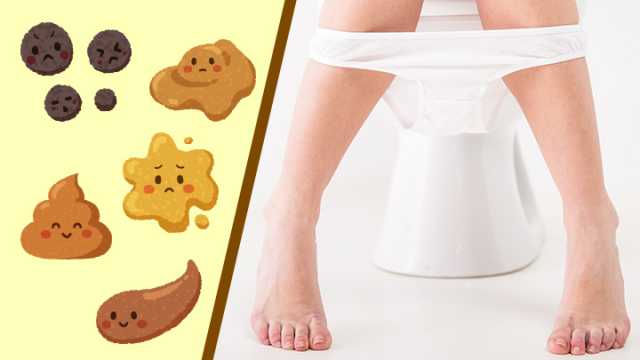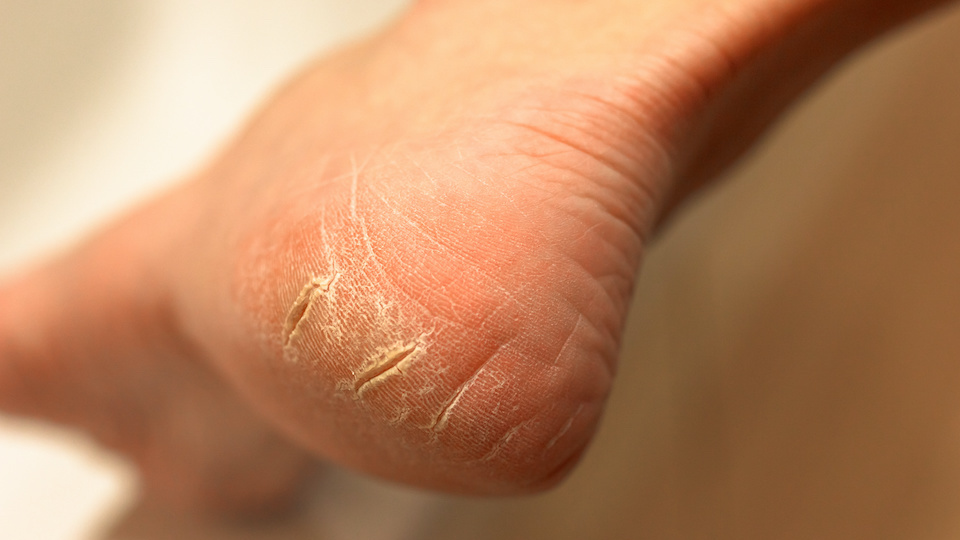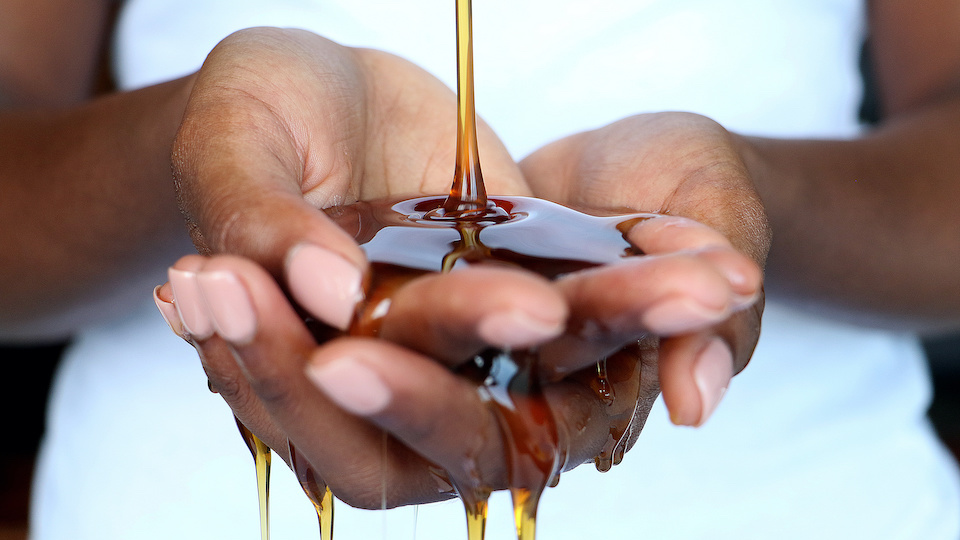Every day at my office, I see patients who tell me that their muscles are sore, tight, or stiff. Musculoskeletal pain is one of the most common complaints in my office and in virtually every medical office, as well. These muscular problems can arise in virtually anyone, but they are certainly more common in people who sit all day (such as those with office jobs, or those that drive long distances), people who don’t move around enough, or people who have chronic strains or injuries.
When a patient tells me that they have sore, stiff muscles, I usually start our discussion with a story about a piece of tough meat. Anybody who eats meat knows what it’s like to bite into a steak that’s too tough: it’s impossible to chew, and it’s hard on the teeth. Yuck. You also don’t want to bite into a gristly burger: those little chunky bits are not a pleasant culinary experience.
A piece of tough, chewy, or gristly meat has that consistency because it is full of fibrin. Fibrin consists of thick, collagenous fibers that form inside muscles, and it causes an otherwise tender piece of meat to become tough. Fibrin is what scar tissue is made of; and it is what makes scars so different from the tender tissue that they replace. It is deposited within muscles that are injured, inflamed, or chronically inactive.
In the kitchen, when a chef encounters a piece of tough meat, they will generally tenderize it in two different ways. The first is to use a meat tenderizing hammer: basically, a mallet covered with spikes, to manually break up the fibrin. The second is to coat the meat with a liberal amount of meat tenderizer. Meat tenderizer is a powder that you can usually find among the little bottles of spices at your local grocery store. Perhaps you’ve even used it in your own kitchen.
If you look at the list of ingredients in meat tenderizer, you’ll see a number of “inactive” ingredients, like salt, dextrose, and flavoring agents, but you’ll also notice that the “active” ingredient, the tenderizer itself, is a substance called bromelain. Bromelain is an enzyme found in pineapple, mostly in the stems and core. It is technically a digestive enzyme: it actually breaks up the fibrin, and as a result, makes meat more tender.
The surprising news is that bromelain doesn’t just work in the kitchen. This amazing enzyme works as a “meat tenderizer” in humans, too.
Medical grade bromelain is one of my favorite nutritional supplements, especially for people with sore, stiff, tight muscles. It is an excellent pain-relieving, anti-inflammatory and anti-fibrotic agent. It helps to break up those ribbons of fibrin in sore muscles, and is great for “tenderizing” those tough, tight ligaments and tendons. This is why it’s the main ingredient in my AI-4X anti-inflammatory formula. Bromelain, combined with inflammation-fighting boswellia and curcumin, and free radical-combatting quercetin, can work wonders on the musculoskeletal system.
The benefits of bromelain don’t end at relieving muscle tension and stiffness. It also acts as a digestive enzyme when taken with meals. It helps to break down what you’ve eaten, so that your entire digestive system runs more smoothly. Bromelain has a range of other important uses, including combatting allergies and asthma, helping to remedy sinus infections, speeding recovery from surgeries, and improving symptoms of autoimmune diseases. It may also aid the body in fighting a variety of cancers.
When taking bromelain, make sure you get a high-quality, medical grade supplement. While pineapple is incredibly healthy, it’s virtually impossible to eat enough of it to reap the benefits of concentrated bromelain. If you plan to use it as a digestive enzyme, it is best to take it with your meals. But, if you’re taking bromelain for musculoskeletal pain, take it between meals, so that it absorbs into your bloodstream and exerts its “meat tenderizing” properties on your muscles instead of acting on your food.
Although I don’t find that I have much use for meat tenderizer in my kitchen (we don’t really eat red meat), I use it all the time in my office with my patients and their tough tight muscles. If tense muscles are bothering you… I’d suggest you give bromelain a try.
– Dr. Joshua Levitt









